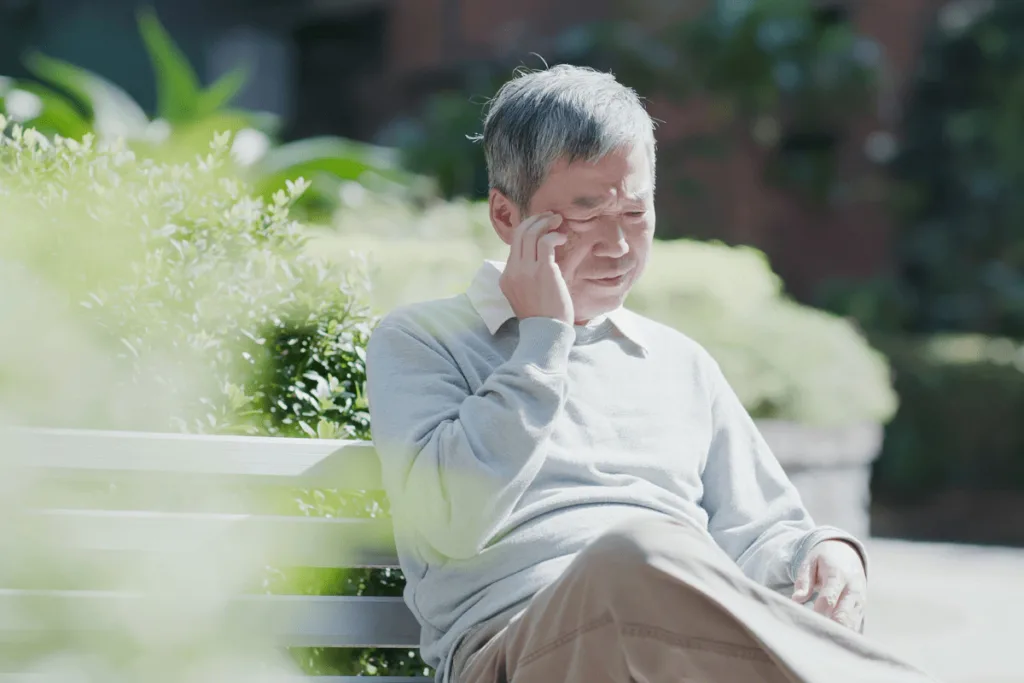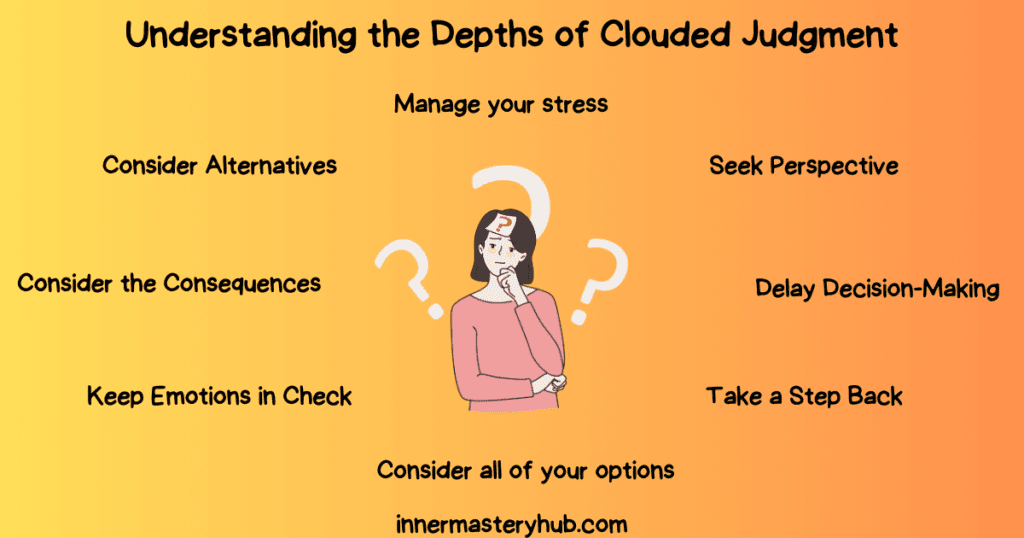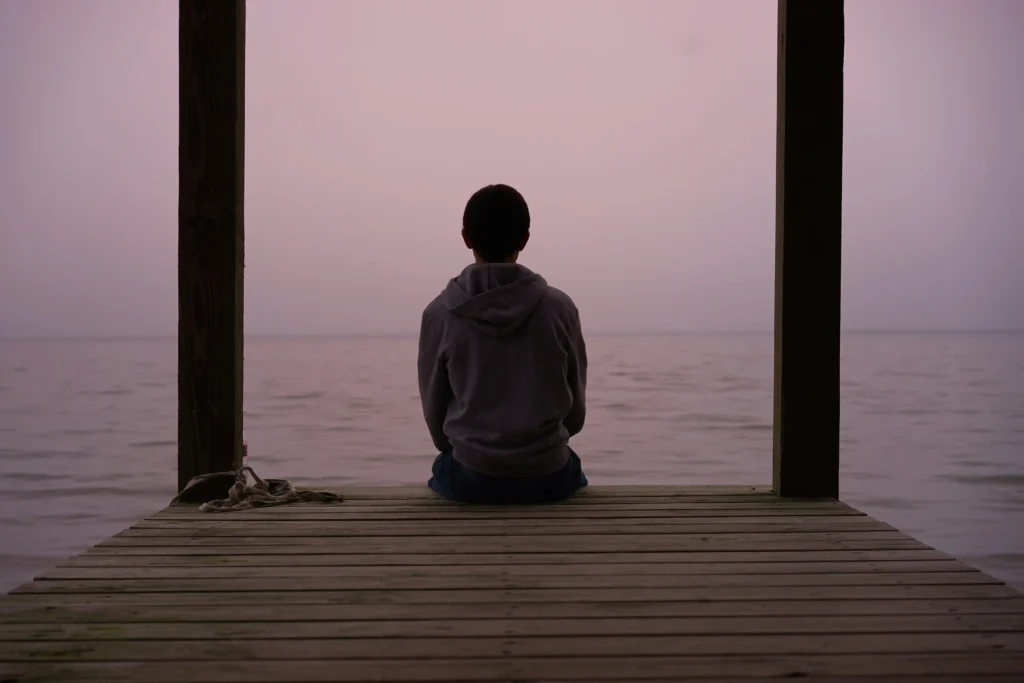Fear of Being Forgotten shape your Lives and Decisions In 6 Ways

Forgotten. An extreme, illogical dread that has the potential to affect a person’s life drastically is known as athazagoraphobia.
This disorder may occasionally be considered a subtype of social phobia, which impacts approximately 15 million Americans. In particular social contexts, people with social anxiety worry excessively about being rejected or judged, which is illogical.
A person with athazagoraphobia may experience extreme anxiety, tension, or terror in social settings. They may even become frightened at the mere prospect of being ignored. Physical symptoms of worry, including feeling ill, experiencing a rapid heartbeat, or even experiencing a full-blown panic attack, may also accompany this anxiety.
The fear of remembrance can also accompany the fear of forgetting or being ignored.
Symptoms of athazagoraphobia or fear of being forgotten
Athazagoraphobia, or the dread of being forgotten, can manifest as a variety of mental and physical symptoms. Individuals who suffer from this fear may exhibit both physical and emotional symptoms of anxiety. Typical indicators include:
Anxiety is when you feel uneasy or scared all the time, especially when you’re in situations that make you afraid of being ignored.
Stress: Long-lasting stress caused by worrying about being forgotten or missed in personal or social settings.
Panic Attacks are abrupt and severe panic or fear attacks that are frequently accompanied by physical symptoms such as trembling hands, a racing heart, and shaking.
Avoidance behaviors include making a concerted effort to stay away from events or circumstances that can increase your likelihood of being forgotten, which can result in social disengagement.
Physical Signs and physical symptoms of anxiety, such as perspiration, tense muscles, and nausea, occur when you’re thinking about or in circumstances that make you fear being missed.
A preoccupation with memory loss is excessive fear of memory loss, including dementia or Alzheimer’s disease.
Effects on Relationships Because people are afraid of being forgotten, relationships become tight, and it isn’t easy to establish and maintain attachments.
Psychological symptoms may accompany physical symptoms in agoraphobia. These can include strong worry and fear when ignored or forgotten, intense anxiety thinking about being forgotten, and anxiety out of proportion to the chance of being forgotten.
Depression, low self-esteem, and social incompetence are further psychological symptoms. These people may be shy, introverted, and passive.
Causes of athazagoraphobia, or the fear of being forgotten
Genetic Factors. Genetics or hormone imbalances associated with anxiety and terror may make certain people more susceptible to agoraphobia.
Past Traumatic Experiences. Athazagoraphobia, or the fear of forgetting, can develop in those who have experienced childhood trauma in which they feel abandoned, mistreated, or ignored, particularly when they were young.
Anxiety Disorders Social anxiety and generalized anxiety disorder are two examples of anxiety disorders that can exacerbate agoraphobia.
Social phobia. Athazagoraphobics may also suffer from social phobia, an irrational dread of being ignored, scrutinized, or shunned by others.
Family Dynamics. The individual may have developed this phobia as a result of their upbringing and feelings of being ignored or receiving insufficient attention.
Diagnosis of the fear of being forgotten
Many people are diagnosed with agoraphobia by a mental health professional or healthcare provider using the fifth edition of the Diagnostic and Statistical Manual of Mental Disorders (DSM-5), the official American Psychiatric Association reference.
The DSM-5 specifies the following criteria for diagnosing specific phobias:
The fear must be persistent for more than six months.
Avoidance and Anxiety. Fear prompts people to actively avoid certain things actively, and being around them often makes them feel anxious immediately.
Proportionality. The fear is disproportionate to the actual risk or danger of the situation.
Functional Impairment. The fear makes it difficult to do essential things, such as work or socialize with others.
Athazagoraphobia treatment
Fear of being forgotten, athazagoraphobia, is usually treated with a mix of therapy methods that are meant to reduce anxiety and improve general health. These are some popular ways to treat it:
Cognitive-behavioral therapy (CBT). For certain anxieties, CBT is frequently the primary form of treatment. It helps people identify and change the negative thoughts they have about the fear of being forgotten. By progressively confronting their anxieties, people learn to manage their anxiety and alter their behavior.
Exposure therapy involves gradually and carefully exposing people to situations or things they are scared of. Exposure therapy can assist athazagoraphobics become accustomed to their fear of forgetting, which eventually reduces anxiety.
Mindfulness and Relaxation Techniques. Some mindfulness exercises and relaxation methods that can assist persons with athazagoraphobia manage their anxiety symptoms include deep breathing and meditation. You can feel more at ease and self-aware by using these techniques.
Medication. Antidepressants or anxiety-reducing drugs are occasionally prescribed to treat the symptoms of anxiety. Therapy is frequently considered in conjunction with medications, and the kind of drug selected depends on the individual’s need.
Support Groups. You can feel more connected to others and understand their struggles better if you’re in a support or therapy group with others who share similar concerns. It might be beneficial to discuss your issues and strategies for resolving them in a secure setting.
Changes to your lifestyle. You can improve your overall health and manage anxiety by adopting a healthy lifestyle that includes regular exercise, a balanced diet, and sufficient sleep.
Therapeutic guidance. Personalized strategies to overcome your athazagoraphobia can be obtained by seeking assistance from a qualified mental health expert, such as a psychologist or counselor. It can be highly beneficial to the healing process in a therapy context to discuss concerns and the fear of being forgotten.
It is essential to remember that different individuals may experience varying effects from medication. In most cases, the optimum approach takes into account the requirements and desires of all parties.
Self-care for athazagoraphobia
Taking care of oneself is a significant component of managing athazagoraphobia or the fear of being forgotten. Here are a few daily self-care strategies that people can do to lower stress and enhance their overall health:
Mindfulness Practices. When you’re afraid of being overlooked, practice mindfulness techniques such as deep breathing, meditation, or guided imagery to help you stay present and relaxed.
Establish a schedule. Put enjoyable activities that give you a sense of accomplishment in your daily routine. You might feel more secure and confident about the future with the support of an organized practice.
Set goals that you can reach. Break down big jobs into smaller goals that you can handle. Reaching these goals can help you feel more confident and in control, which can help you better manage feelings of being ignored.
Positive Affirmations. Use affirmations to talk positively to yourself. Remind yourself of your skills, what you’ve done well, and how you’ve helped others.
Exercise. Regular exercise has been shown to improve your mood and reduce anxiety. Discover a form of exercise you enjoy, whether it’s yoga, walking, running, or something else.
Connect with Other People. Make and keep social relationships. Talk about how you feel with family or friends you trust, and try to find fun and fulfilling social activities you can do with others.
Learn More. Use reliable sources to learn more about athazagoraphobia and worry. Being aware of the situation can help you better manage it and access the necessary support.
Healthy Lifestyle Choices. Prioritize eating healthily, getting adequate sleep, and drinking plenty of water. Anxiety management and overall health can both be enhanced by leading a healthy lifestyle.
Self-compassion is about loving oneself and recognizing that it’s perfectly acceptable to have doubts and anxieties. Treat yourself with the same compassion you would show a friend experiencing similar difficulties.
It may take some trial and error to determine what works best for you, but keep in mind that self-care is a continuous process. You should seek professional assistance for further support and guidance if your athazagoraphobia interferes with your day-to-day activities.
LAST MESSAGE
Many athazagoraphobics seek drugs in hopes of recovery. However, medicines and pharmaceuticals can have adverse effects and must be used for an extended period to be effective.
Some doctors prescribe natural/homeopathic therapies to improve memory. Gingko Biloba, Ginseng, and omega-3 fatty acid supplements can help prevent memory loss and enhance
To prevent depression and delay age-related memory loss, patients should eat walnuts, salmon, fruits, and vegetables, and exercise daily. Patients’ families and carers should also urge them to discuss their fear of being forgotten.
FAQS about fear of being forgotten
Why am I so scared of being forgotten?
The fear of being forgotten may stem from a deep-seated need for validation and a desire for connection. It could be rooted in past experiences of neglect or abandonment, triggering anxieties about one’s significance. Exploring these emotions with empathy and seeking support can help unravel the underlying causes and alleviate the fear.
Fear of being forgotten test
A standard test for “fear of being forgotten” does not exist, but self-reflection can help you learn. Consider how people feel about being neglected, its impact on their daily lives, and what concerns them. If worries don’t go away and start to have a significant effect on your health, you should talk to a mental health professional for a complete evaluation and advice.
What Are the Risk Factors of Athazagoraphobia?
Some things that can make someone more likely to develop athazagoraphobia are a traumatic past, especially being neglected or abandoned, family problems where someone doesn’t get enough attention,
low self-esteem, social anxiety, depression, neurobiological changes, and bad things that happen in life.
Pressures from culture and society may also play a role. Identifying these factors helps people recognize their vulnerabilities and seek help at the right time, enabling successful intervention and effective coping strategies.
Environmental factors of the fear of being forgotten?
Some environmental factors that can make people afraid of being forgotten are uneven attention in families, social pressures to be noticed, and personal experiences of being ignored or left behind. The environment affects the growth of athazagoraphobia because these things affect how a person thinks and feels.






